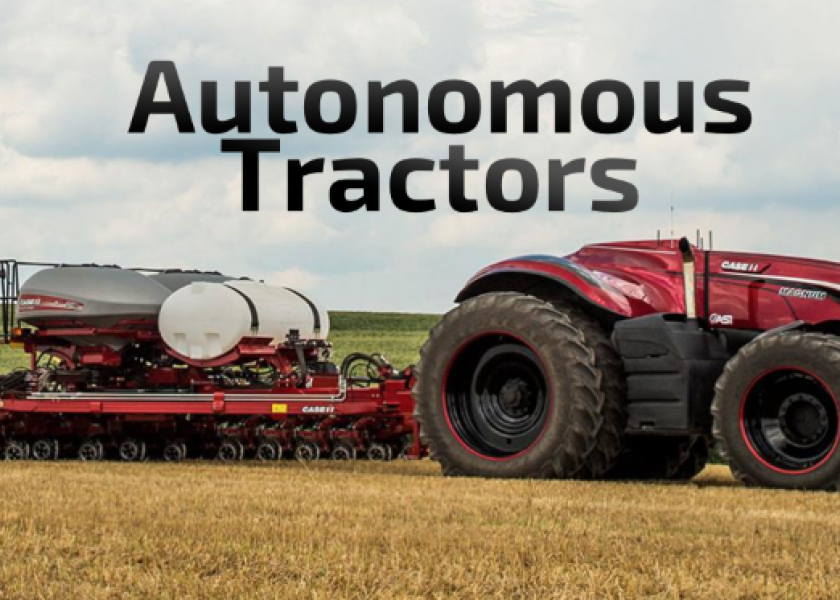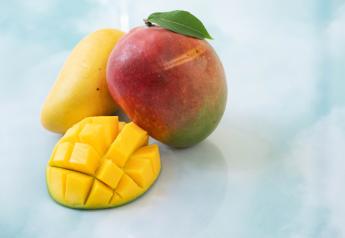Bolthouse Farms adopting more regenerative practices through technology

Bakersfield, Calif.-based Bolthouse Farms is beginning to adopt regenerative practices on its farms with autonomous tractors, according to a press release.
Regenerative agriculture prioritizes the regeneration of natural systems and soil health using nondestructive farming practices, including the reduction or elimination of tillage and applications of organic chemistry over time.
“In my 45 years in carrot farming, I’ve been waiting for robotic solutions that can help us be more precise with our inputs and reduce exposure of our people,” Donny Hopkins, vice president at Bolthouse Farms, said in the release. “Farmers are called to farm – robots help do the work.”
With the help of Hayward, Calif.-based Verdant Robotics, Bolthouse Farms will automate in-field carrot production activities, starting with weeding and expanding into fertilizer application. The goal is to optimize precision farming capabilities to facilitate a transition to regenerative practices.
“When running large-scale agriculture, there are many areas to innovate that will help improve the sustainability of crop production,” Gio Scalzo, senior director of strategic initiatives at Bolthouse, said in the release. “The computational and automation capabilities of Verdant are enabling us to reimagine how to achieve our sustainable farming goals.”
Here’s the challenge: carrots require intensive techniques and back-breaking hand labor to eliminate crop-smothering weeds throughout the growing process, the release said. In addition, California’s chronic drought and historic farming practices threaten yield and profits because of climate change.
Verdant technology provides several sustainability improvements for growers, according to the company’s website. First, laser-enabled precision application will result in significantly less herbicide use. Also, it will produce zero off-target chemical drift. And it aids adoption of regenerative practices for improved soil health and crop growth.
The company claims its technology reduces costs and increases profitability. This is possible by eradicating weeds faster, which supports more robust crop growth and lowering pest and disease pressures. There are also savings in chemical inputs.







